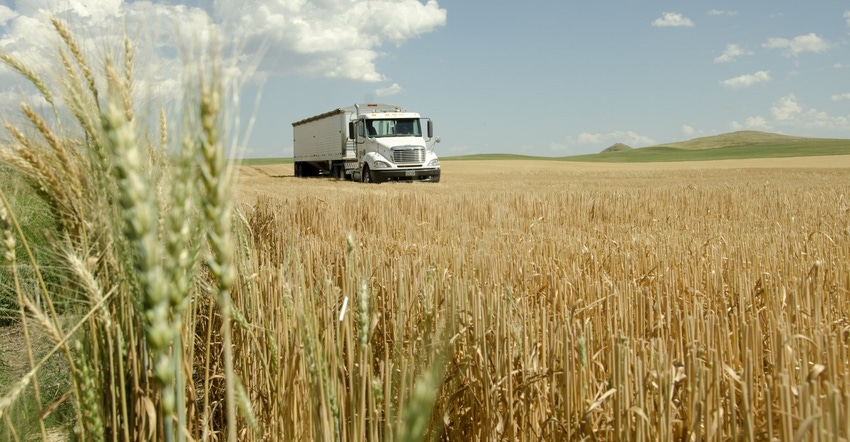
American rice and wheat producers are operating at a “clear disadvantage compared to their competitors, primarily from India,” where the government is subsidizing more than half of the value of production for rice and wheat, instead of the 10% allowable under World Trade Organization rules, according to a letter from 18 senators. As a result, the senators asked Secretary of Agriculture Tom Vilsack and U.S. Trade Representative Katherine Tai to pursue a WTO case against India’s domestic support for rice and wheat production.
The letter notes beginning in 2018, the U.S. highlighted the problem of non-compliance in India through counternotifications at the WTO Committee on Agriculture. Using virtually the same methodology endorsed by the WTO panel in the China domestic support case, the counter-notifications demonstrated that India is non-compliant with its commitments as a result of price supports alone. Further, India has raised support prices multiple times since the counter-notifications were first submitted.
Additionally, in October, India announced they will provide an additional $3.8 billion to fertilizer companies as compensation for reduced prices of agricultural inputs to shield their rice and wheat growers from rising input costs.
“While producers around the world are being financially impacted now by the shortage of fertilizer and supply chain delays, producers in India won’t feel a thing,” states Peter Bachmann, USA Rice vice president of trade policy. The Indian government has announced that they will increase subsidies to fertilizer companies this year, for the first time exceeding $20 billion in support. “This will ensure that Indian rice and wheat exports can continue to undercut the rest of the world as they insulate themselves from fluctuations in input costs,” Bachmann adds.
Senate Agriculture Committee ranking member John Boozman, R-Ark., led the letter and asked the administration officials to “…swiftly initiate the WTO litigation process through a request for consultations.”
“Wheat and rice farmers rely on open markets and fair trade to facilitate trade, which plays a vital role in supporting our growers and jobs in rural America,” says National Association of Wheat Growers CEO Chandler Goule. “It is important that as a WTO member, India adhere to international commitments and not continue to create unfair advantages for its domestic production and distort world trade.”
Bobby Hanks, Louisiana rice miller and chair of USA Rice, says, “Momentum is building not just here in the U.S., but in all of the markets impacted by trade distortion stemming from India.”
Earlier this week, a WTO dispute settlement panel ruled against India following significant over-subsidization of their sugar industry in a case taken by Australia, Brazil and Guatemala.
Hanks adds, “India is a major part of the world economy, but that doesn’t give them a pass to skirt around the rules that they agreed to when joining the WTO. It also means they don’t get to hold all of the WTO reforms on the table hostage until they secure permanent public stockholding allowances. This selfish behavior is not in the spirit of the WTO and as a result they’ll be left alone on an island.”
The letter explains the senators support growing a strong trade relationship between the United States and India, and they believe one can be fostered.
“However, the playing field must be level for that to be accomplished,” the letter concludes. “Trade distorting domestic support has always been a major challenge for U.S. farmers, and WTO rules were created to limit these practices. This behavior continues in spite of multiple U.S. requests of India to reform its price support programs.”
About the Author(s)
You May Also Like






